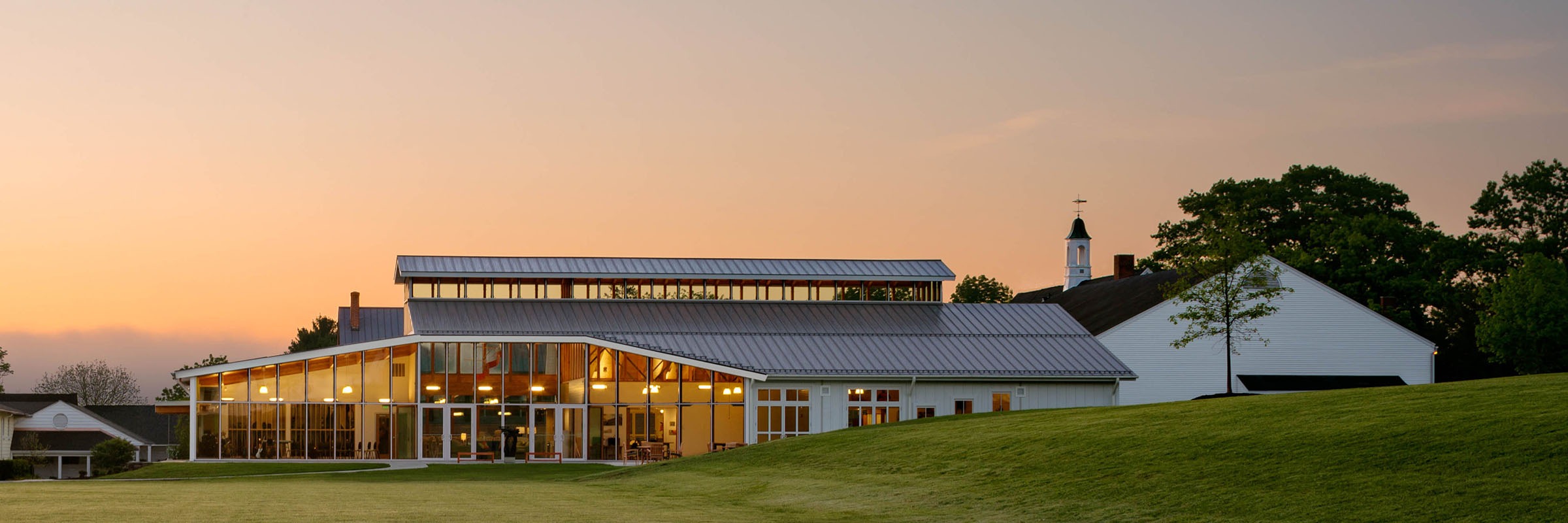A Conversation with Soledad O’Brien


“I think really good analysis begins with being fearless about the kinds of questions you want to ask,” said Soledad O’Brien, award-winning documentarian, journalist, and author during Tuesday’s virtual kickoff of the 5th Annual Poquonook Solutions Symposium.
At IMS, the ninth grade capstone project is rooted in the UN Sustainable Development Goals, and Soledad O’Brien’s fearless approach to reporting, storytelling, and social justice inspired students who will spend the term designing solutions to the world’s most significant problems. O’Brien spoke about the intersection of social justice and the environment, and shared a moving story she recently produced about environmental racism and its implications for people’s health, wellbeing, and livelihood.

Environmental racism is a subset of systemic racism, O’Brien noted, pointing out that descrimination is often embedded in laws and rules. She explained, “It might seem subtle, but actually has a lot of power because it affects how people act and how they make decisions.”
In a moving example of environmental racism O’Brien produced for her series, “Disrupt and Dismantle,” 100,000 tons of shingles were illegally dumped in a predominantly Black Dallas neighborhood. “The pile grew so tall that locals started calling it, ‘Shingle Mountain,’” O’Brien states in the film. The pile of shingles rose for two years, standing between seven and 10 stories high. The dumping of these shingles, which contain asphalt and fibers that are harmful if inhaled, caused significant air pollution and steps to acknowledge and address the “mountain” only occurred when it received significant press coverage.
To the ninth grade students embarking upon the next phase of their capstone project, O’Brien shared that change “begins with being fearless about the kinds of questions you want to ask.”
O’Brien was involved in the inaugural Poquonook Solutions Symposium five years ago and interviewed Jeffrey Sachs, a world-renowned economics professor, bestselling author, innovative educator, and global leader in sustainable development.